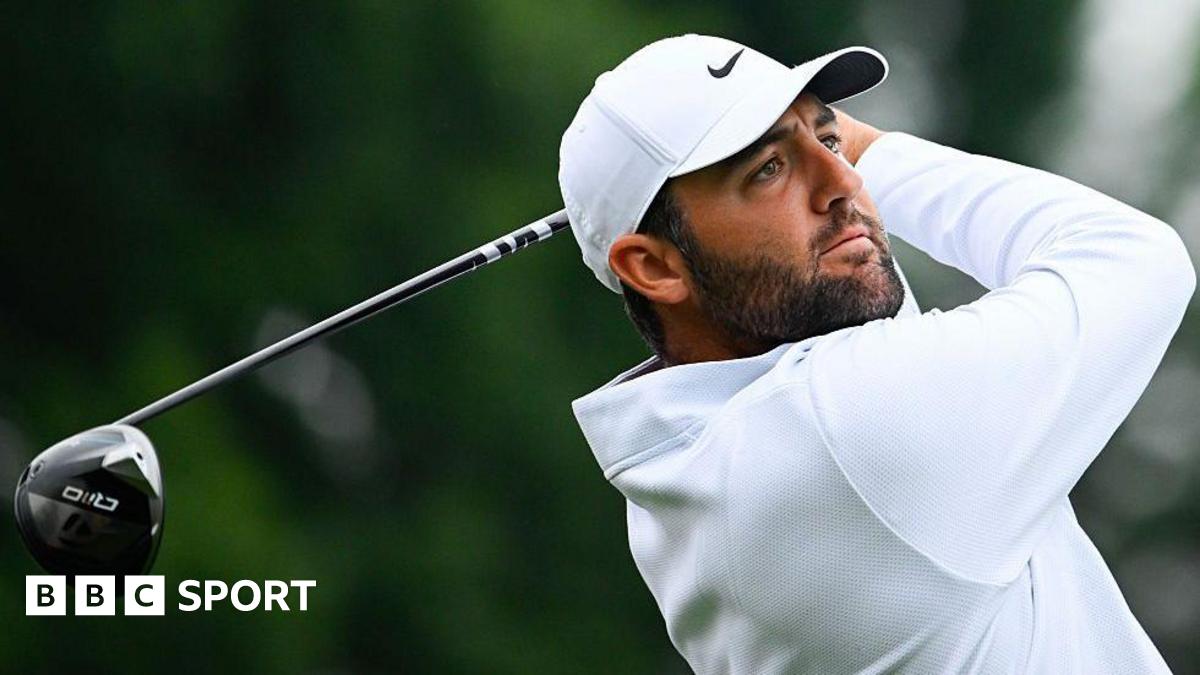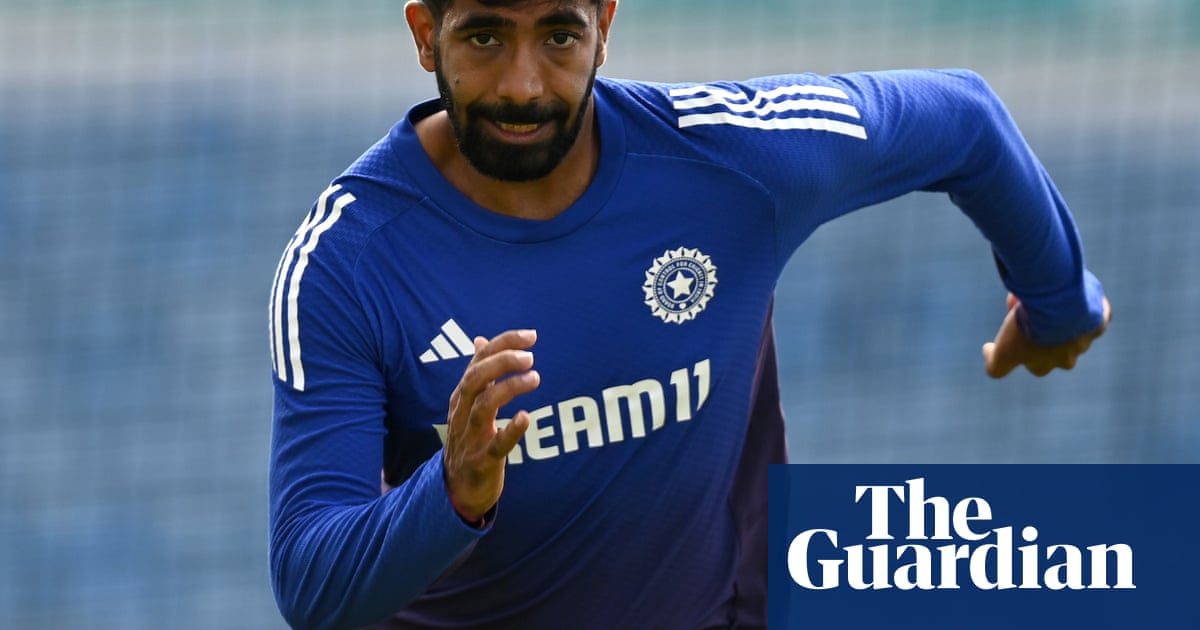Donald Trump has rolled the dice. He is gambling on being correct about two key variables.
First, he is banking on being right that the Iranian nuclear sites struck by the US have really been "completely and totally obliterated", as he claimed.
US military officials have frequently said destroying the whole nuclear apparatus would be very hard and the more likely outcome of air strikes would be to set the nuclear programme back.
Follow latest: Iran considering 'all options' after US strikes

The second gamble holds far more jeopardy. The president is betting Iran will not have the capability, or the guts, to hit any of the many US bases and diplomatic missions in the region or to meaningfully disrupt international shipping.
His hope is the moderates in the Iranian regime will now recognise their own strategic defeat and will adopt a position of dialogue and de-escalation.
Read more:
Starmer calls on Iran to 'return to negotiating table'
What we know so far about US strikes on Iran's nuclear facilities
Please use Chrome browser for a more accessible video player
The best-case scenario now would be a repeat of history: a repeat of a moment when Mr Trump, in his first term, got lucky.
In December 2019 he made a decisive decision to order the assassination of the then-head of the Quds Force of the Revolutionary Guard, Qassem Soleimani.
He had opted for a seismic retaliation in response to Iranian attacks on Americans in the region. In early January 2020, Iran's most senior military figure was killed in a drone strike in Baghdad.
The region braced, and many predicted a huge Iranian counter-attack. But it didn't come. There were isolated attacks, but nothing sustained.

Two weeks ago, Mr Trump's Middle East envoy Steve Witkoff warned an Israeli pre-emptive strike on Iran would prompt a massive Iranian retaliation. He predicted what he called a "mass casualty event" in Israel. That too has not materialised.
The US president is said to have been surprised and impressed by Israel's defensive capabilities but also its offensive operations in Iran.
He seems to be convinced enough the Iranian response in the days ahead will be limp.
He cited the assassination of General Sulemani in his late-night address to the nation. He sees that as his success, a gamble that paid off.
Please use Chrome browser for a more accessible video player
If he is right again on both of his new gambles - that he has destroyed the nuclear facilities and that Iran does not hit back with any effectiveness - then, just maybe, this will be a game-changing moment.
But if Iran manages even to hit one US base and kill some Americans, then the whole thing will spiral.
He made one more gamble this weekend. He bet his own base of supporters will be with him on this.
He is the president who campaigned on a pledge not to involve America in far-away wars, and yet he has just dramatically inserted himself into a new one.
He now needs to show them he is right, that this was a one-off game-changing strike of American might - strength to bring peace, he'd say.
In his short late-night address to the nation, he made a point of reminding America of Iran's malign behaviour over decades - their weapons killed and maimed many Americans, he told them.
It was notable too that he was flanked by his vice-president, secretary of state and defence secretary. He doesn't want to own this gamble alone.

 9 hours ago
3
9 hours ago
3












 English (US)
English (US)